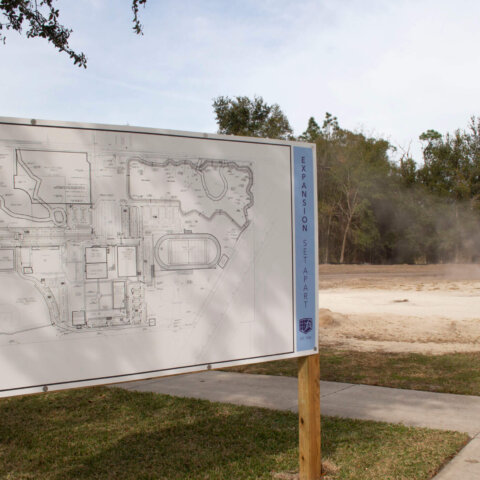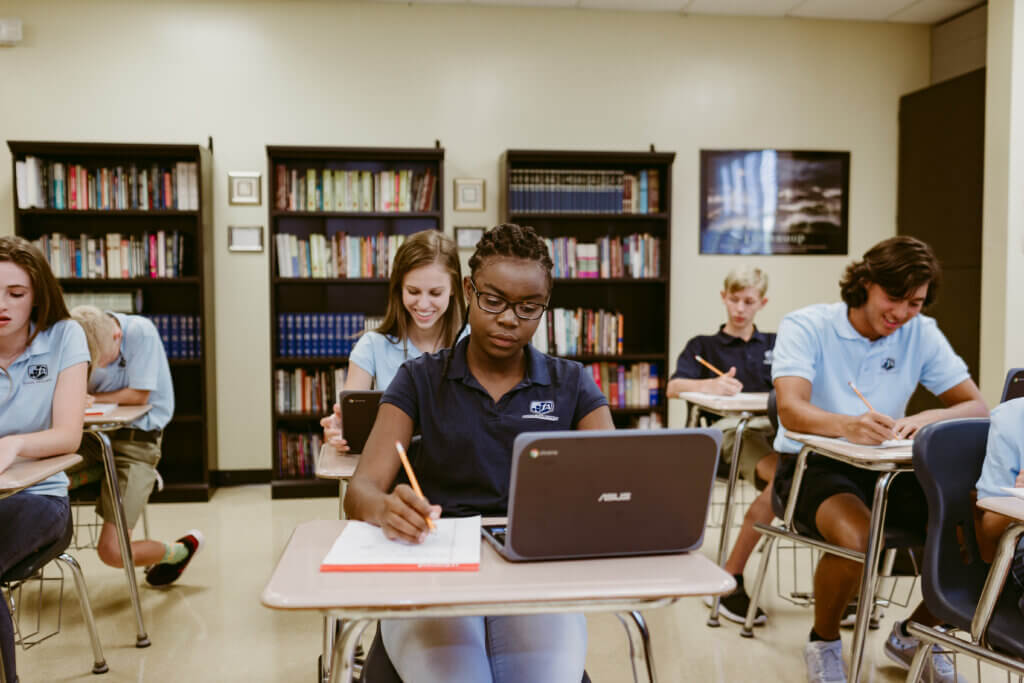
Do you feel like your study habits don’t give you the best results? Do you ever wonder what to do to perform as well as the A+ students in your class? If you realize that your study habits are ineffective, it doesn’t mean something is wrong with you. It only means that you need to familiarize yourself with more effective study skills.
Studying is a multifaceted skill. To be successful in your academics, you need to learn these facets. You also must practice them and develop a strategy that works to be successful. Good study habits are a combination of many elements. This guide introduces you to some practical academic study tips to help you learn your course material more efficiently.
Before then, let’s have a look at what effective studying entails.
Studying Requires Active Engagement with Your Learning Material
Simply reading and re-reading your notes doesn’t translate to active involvement with your material. It is merely reading and may not give you the results you desire. Re-reading can lead to forgetting as soon as you finish reading.
Reading is an integral part of study preparation, but you need to engage with your study material to learn actively. Active engagement entails:
- Constructing meaning from text
- Making connections to classroom lectures
- Regulating your learning
- Forming examples
Active studying is not just highlighting your text or memorization. Although these activities keep you engaged in a task, they aren’t active studying techniques but weakly relate to improved learning.
To become active in your learning, consider the following academic study tips:
Identify Your Learning Style
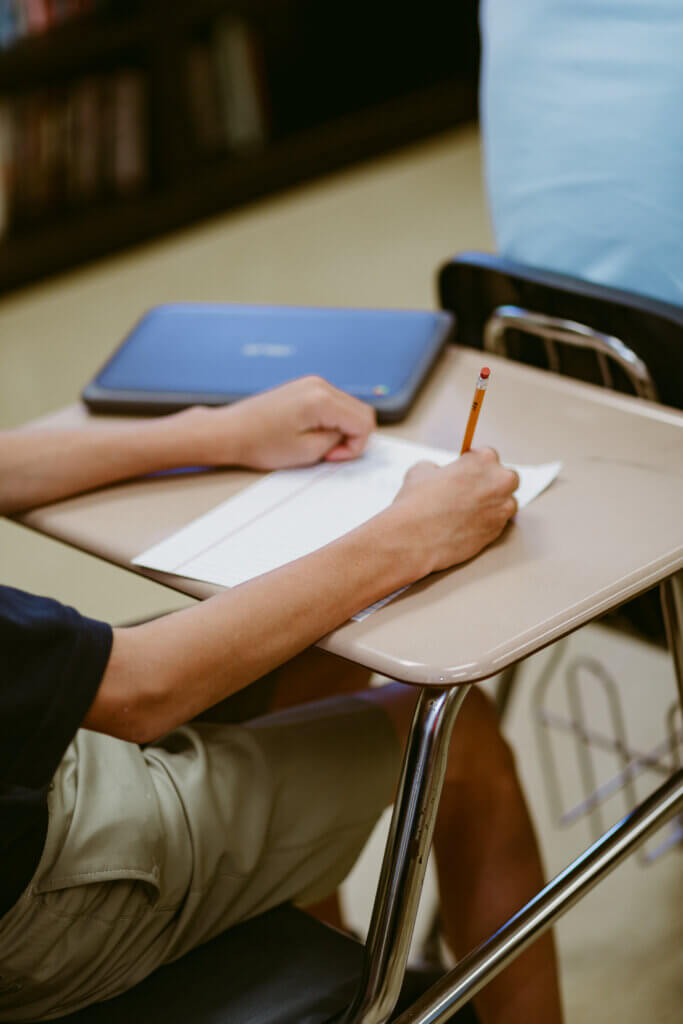
Knowing how you learn best is the first step towards developing effective study habits. Ask yourself if you’re more inclined to understand something when you hear it, see it or when you experience it. This will help you determine if you’re a visual, auditory or hands-on learner.
If the learning style that works best for you is visual, you can improve in the following ways:
- Visualize what your instructor is teaching
- Visualize what you are reading in the text
- Draw pictures and diagrams to reinforce learning
- Watch videos related to what you’re studying
If you determine that you’re an auditory learner, you can improve in your studies by:
- Listening to audio tapes on the topic you’re learning
- Participate in class discussions
- Read out loudly
- Listen to audio of recorded assignments
- Talk out ideas when you’re studying with other students
If you’re a hands-on learner, you can:
- Write down short notes as you study
- Take frequent breaks while studying
- Be physically active
- Memorize as you walk or exercise
- Use a computer to reinforce learning
Break Down Tasks into Small Chunks
It’s essential to differentiate and categorize information in your studies to help you with retention. If you have a lot of material to memorize, a memory tree can help you accomplish the goal. For example, if you have three topics you’re studying, draw a tree with three branches. Under each branch, make smaller branches for the subtopics that follow. When you organize information in this visual format, it gets easier for your mind to process and understand.
You can also break down tasks using colored flashcards for different categories of information. Each type of information should be on a differently colored flashcard. This way, you’ll study smaller chunks of information. If you have 100 cards, don’t try to study all of them at once. Starting with fewer cards, for example, 20, and moving on to the next topic is more effective in helping you master one group.
Space Out Your Studying Schedule
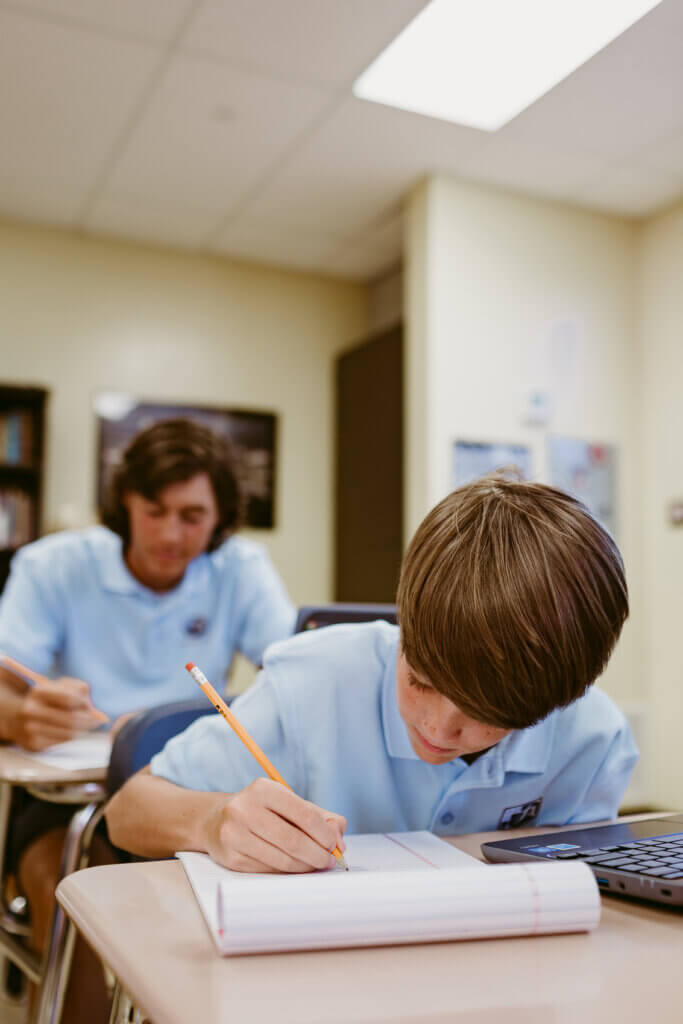
One impactful academic study tip is to space out your studying schedule over short periods of for example 60 minutes each. This is the length of a study session experts recommended. The sessions should spread out over several days or weeks. Working a short time on each class every day is more practical than taking the whole day on a single topic.
While this strategy will be almost like two marathon library sessions, it will be easier to learn more deeply. You’ll also retain much more in the long run. The most important thing is how you use each study time and not necessarily how long you study. Besides, lengthy study sessions lead to loss of concentration and hence low retention.
Your study schedule can fall into:
- Daily reviews: You begin your studies on the first day of class. Reviewing notes before each class helps you recall information and warm you up for learning. Studying immediately after a class is also effective in creating an in-depth understanding of the material.
- Weekly reviews: Plan to go over your notes at the end of each week. It’ll refresh your memory and enhance better recall of the material.
- Pre-exam reviews: These are longer study times, taking 3-5 hours. Break the sessions into hourly blocks, with 10-minute breaks between them. Get active during the break to enhance your retention capacity.
- Peak study times: Study when you’re more alert and awake to absorb more information.
- Bonus study time: Study whenever you have some extra time to spare.
Consult With Your Teacher
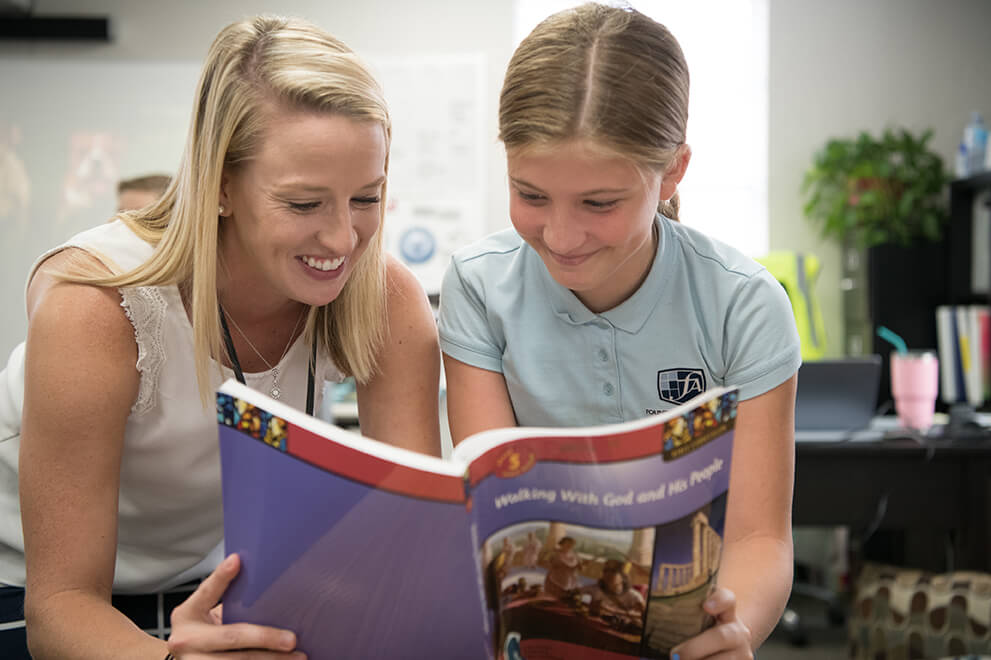
Students tend to have better retention rates than their peers when they seek out their teachers with their questions. Consult with your teacher on the topics you need extra help with to get your questions answered in a way you can understand.
You also build a stronger relationship with your teacher as they understand your weak and strong areas. When you show a teacher that their class matters to you, they’re more likely to provide more help. You’ll get clarification of complex concepts before you do your assignment, saving you a lot of frustration.
These academic study tips can help you gain confidence in your ability to retain information. Trust the process along the way and know that your good study habits will bear fruit if done properly and regularly. Embrace a “can do” attitude and see the difference it makes.
At Foundation Academy, we are all about helping you improve your study skills as you strive to become a better student. Schedule a tour of Foundation Academy to see if our Christian private school is a right fit for your child.
